Nigeria’s economic downslide was an inherited problem, the Presidency said in a response to the New York Times feature titled ‘Nigeria Confronts Its Worst Economic Crisis in a Generation.”
In a statement on Sunday, Mr. Bayo Onanuga, the Special Adviser to the President on Information and Strategy, described the report as a “jaundiced” account that reflects a typical negative bias against African nations.
Onanuga accused the NYT report of oversimplifying some Nigerians’ dire experiences during last year’s inflationary spiral based on interviews, while omitting to highlight the positive aspects and ameliorative policies the government is implementing.
He said: “The report is at best jaundiced, all gloom and doom, as it never mentioned the positive aspects in the same economy as well as the ameliorative policies being implemented by the central and state governments.”
The presidential aide pointed out that Tinubu did not create Nigeria’s economic troubles but inherited them, likening it to a “dead economy” that required urgent interventions to prevent total collapse.
Onanuga defended the government’s decision in May 2023 to abolish the fuel subsidy regime that had cost $84.39 billion between 2005 and 2022, as well as the unification of multiple exchange rates—movements he said were crucial to restoring fiscal discipline and attracting investment.
“For decades, Nigeria had maintained a fuel subsidy regime that gulped $84.39 billion from the public treasury in a country with huge infrastructural deficits and in high need of better social services for its citizens,” Onanuga said.
He added that by keeping the naira overvalued against the dollar, the previous government had allowed arbitrage opportunities that enabled round-tripping while failing to meet remittance obligations, drying up foreign direct investment.
While the initial economic shocks caused the naira to depreciate to N1,900 per dollar, Onanuga claims that stability is gradually returning and that the currency could recover to N1,000–N1,200 by the end of the year.
He cited increasing foreign portfolio investment, a Q1 2024 trade surplus of N6.52 trillion, fresh loans from multilateral lenders, and multi-billion dollar investment commitments as signs of renewed investor confidence stemming from the reforms.
The presidency acknowledged that food inflation remains a key challenge but said the government is implementing policies to boost domestic agricultural production, including fertilizer subsidies, incentives for dry-season farming, and state-level interventions.
“With all the plans being executed, inflation, especially food inflation, will soon be tamed,” Onanuga asserted.
He argued that while Nigeria is not alone in facing a cost-of-living crisis, which has also hit Western nations like the U.S., the Tinubu administration is working hard to turn around the economic woes, expressing confidence that “we shall overcome our present difficulties very soon.”
In his parting shot, the presidential aide stated: “Our country faced economic difficulties in the past. Just like we overcame then, we shall overcome our present difficulties very soon.”









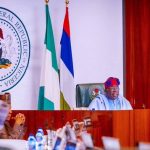


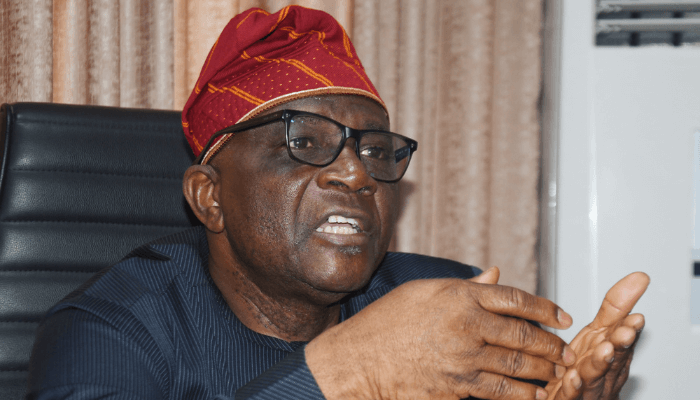
















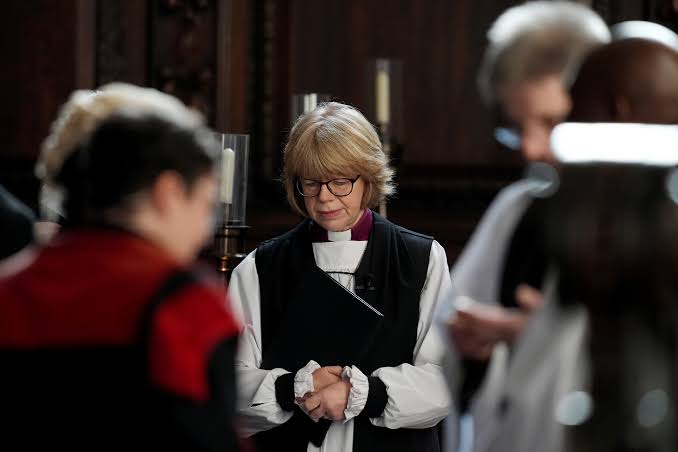


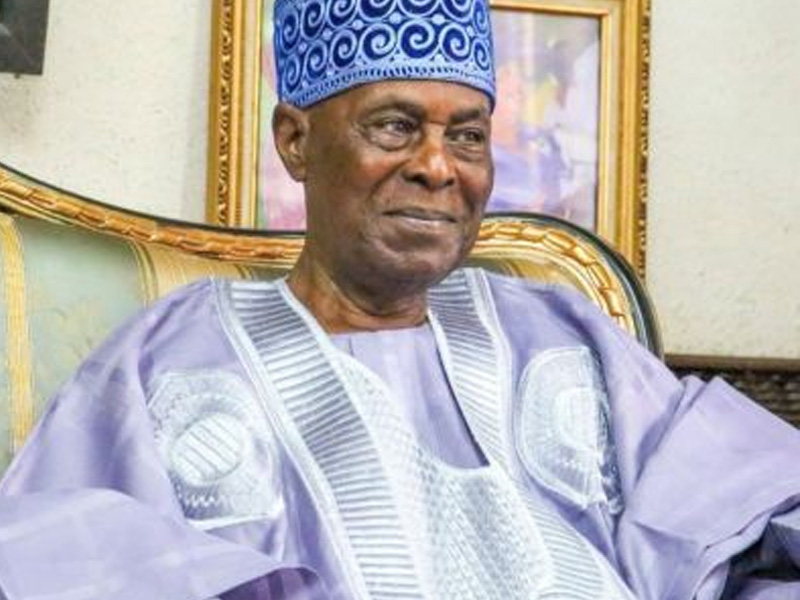


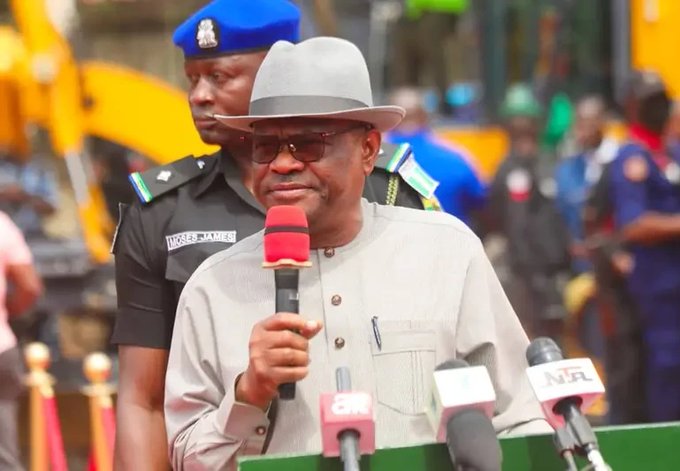
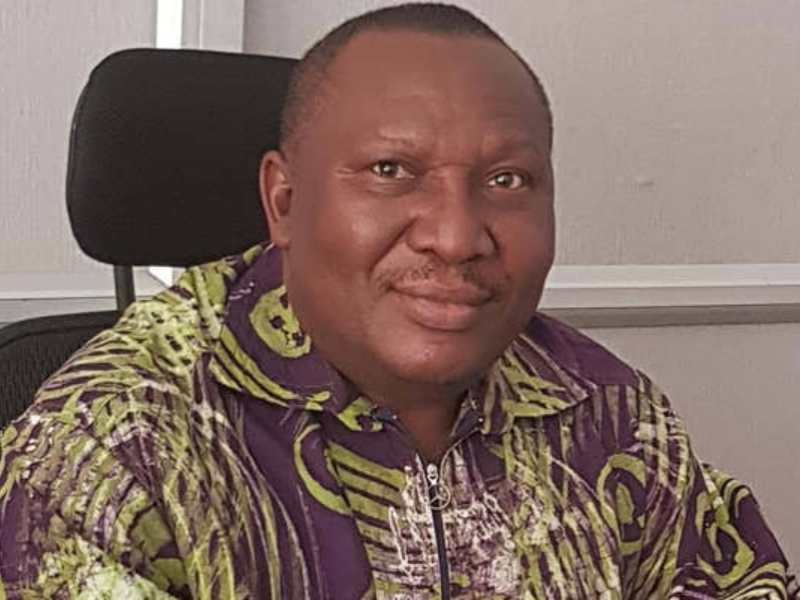
Leave a comment